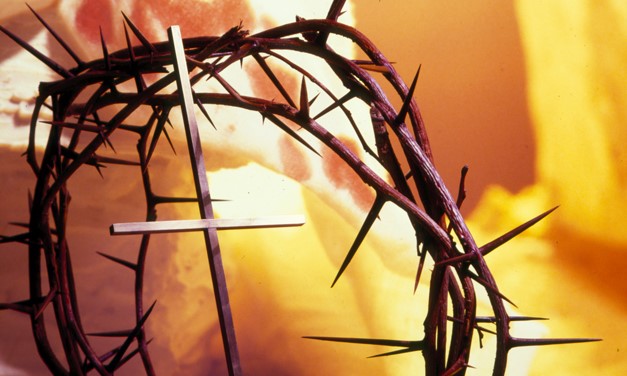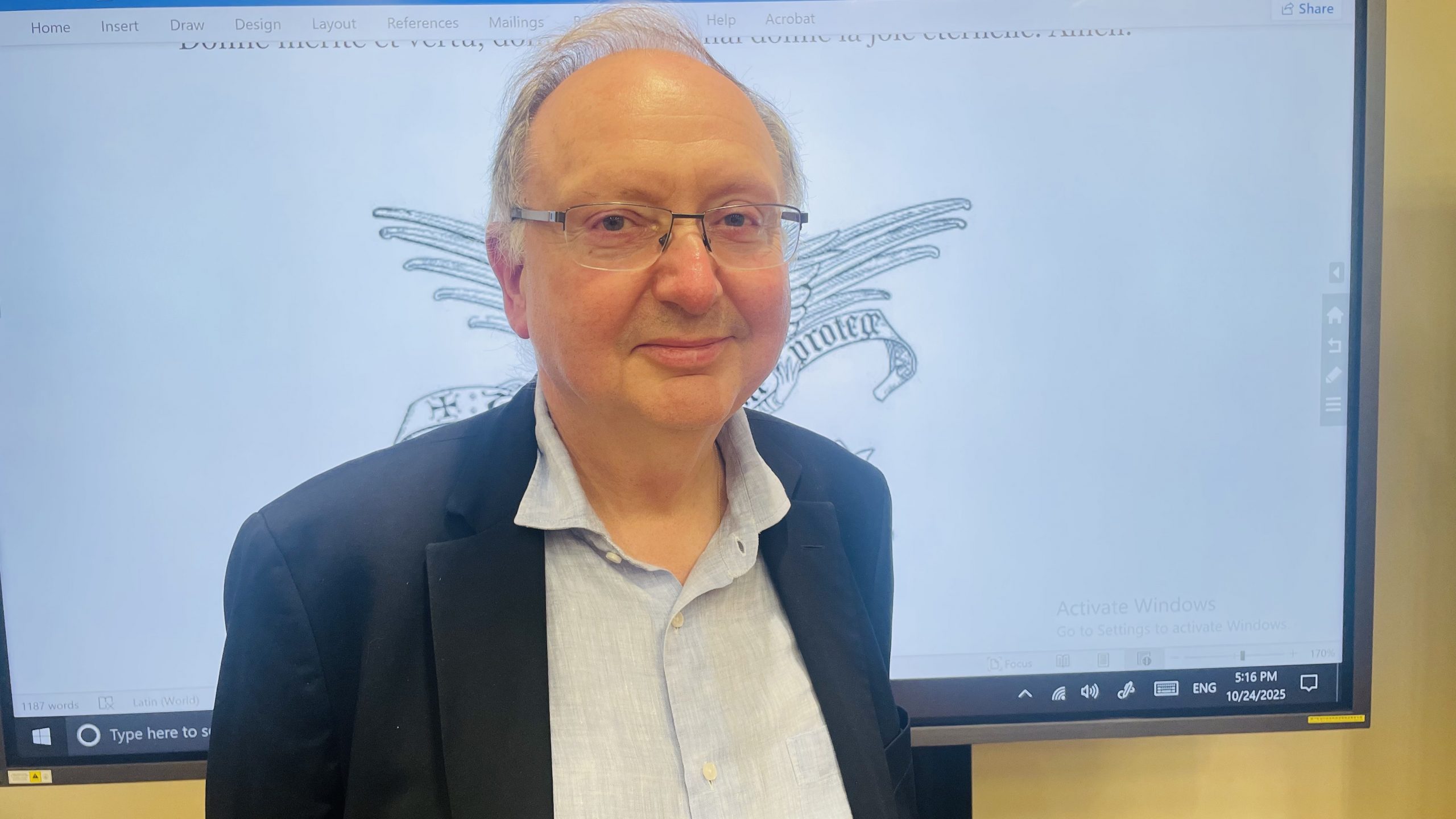– Rev José Mario O Mandía
When the Church talks about our faith, we always hear the term “Paschal Mystery.” What does it mean?
The CCCC (no 112) explains that this term refers to the Passion, Death, Resurrection and Glorification of Jesus. The Paschal Mystery, it adds, “stands at the center of the Christian faith because God’s saving plan was accomplished once for all by the redemptive death of his Son Jesus Christ.”
What does “Paschal” mean? “Pasch” or “Passover” (Exodus 12:11) (in Hebrew, Pesach) refers to the moment when God passed over the first born of Israel, sparing them from death because of the blood of the lamb on the doorposts of their houses, while taking the lives of all the firstborn in Egypt (cf Exodus 12:11-13). Jesus is the new Lamb, whose blood spares God’s people from eternal death.
The mission of Jesus required Him to suffer, die, rise from the dead, and ascend to heaven. He always said that “the Son of man must suffer many things, and be rejected by the elders and the chief priests and the scribes, and be killed, and after three days rise again” (Mark 8:31; cf Luke 9:22). On the way to Emmaus, Jesus reminded the two disciples: “Was it not necessary that the Christ should suffer these things and enter into his glory?” (Luke 24:26).
Jesus Christ did not consider His mission accomplished until He had given His all. It was only when He had been firmly fixed on the Cross that He could say, “Consummatum est” – “It is finished” (John 19:30), “mission accomplished.” The result? “The paschal sacrifice of Christ, therefore, redeems humanity in a way that is unique, perfect, and definitive; and it opens up for them communion with God” (CCCC 122).
He anticipated this sacrifice in the Last Supper, a moment he had been looking forward to. “I have earnestly desired to eat this passover with you before I suffer” (Luke 22:15). “I have earnestly desired”: in Greek, Epithymia epethymēsa. Epithymia a noun that literally means “with fervent or intense desire,” while the verb epethymēsa means “desired” or “coveted.” Both are evidently from the same root and the repetition shows the intensity of Christ’s feeling for this moment, “his hour” (cf John 2:4. It occurs around 25 times in John’s Gospel).
“At the Last Supper with his apostles on the eve of his passion Jesus anticipated, that is, both [1] symbolized his free self-offering and [2] made it really present: ‘This is my Body which is given for you’ (Luke 22:19), ‘This is my Blood which is poured out…’ (Matthew 26:28) Thus he both instituted the Eucharist as the ‘memorial’ (1 Corinthians 11:25) of his sacrifice and instituted his apostles as priests of the new covenant” (CCCC 120).
What does the Paschal Mystery mean for us? We are followers of Christ. A follower of Christ must also undergo the same things. He must experience the Paschal Mystery in his own flesh. He must take up his cross (cf Matthew 10:38; Matthew 16:24; Mark 8:34; Luke 9:23; Luke 14:27), he must earnestly desire the cross that God has prepared and fashioned for him. We should not forget that Jesus foretold that the Son of man must rise again, and so He did. So also will His followers rise again in victory. The Paschal Mystery is a package that guarantees eternal success.
A Christian will find meaning and purpose in life only when he has made his own the mission of Jesus, giving himself body and soul for God and for others. “By calling his disciples to take up their cross and follow him Jesus desires to associate with his redeeming sacrifice those who are to be its first beneficiaries” (CCCC 123).


 Follow
Follow


